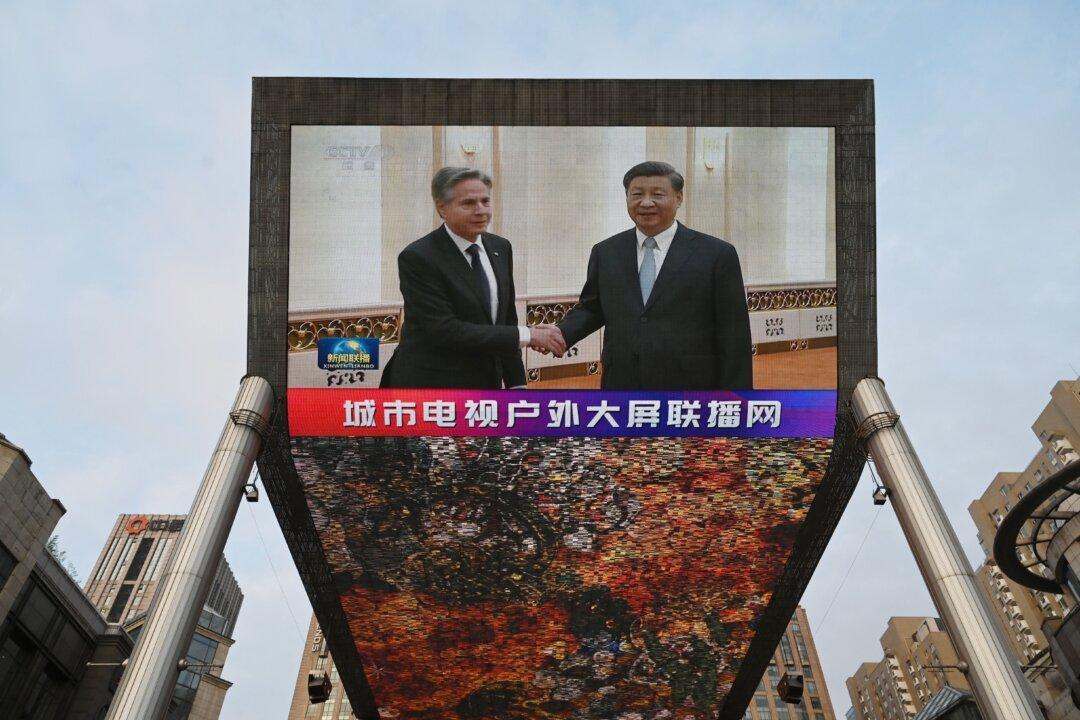Beijing recently canceled a visit to China by a top European diplomat while hosting another same-level EU diplomat. Such tactics are part of the Chinese Communist Party’s (CCP) efforts to coerce Western powerhouses into submission by signaling disapproval to those diplomats who speak to the CCP about human rights or other sensitive topics, a China expert says.
Brussels received a notice from Beijing saying it had canceled a scheduled July 10 visit by Josep Borrell, the European Commission’s vice president and high representative for foreign affairs and security policy, said EC spokeswoman Nabila Massrali on July 4.





